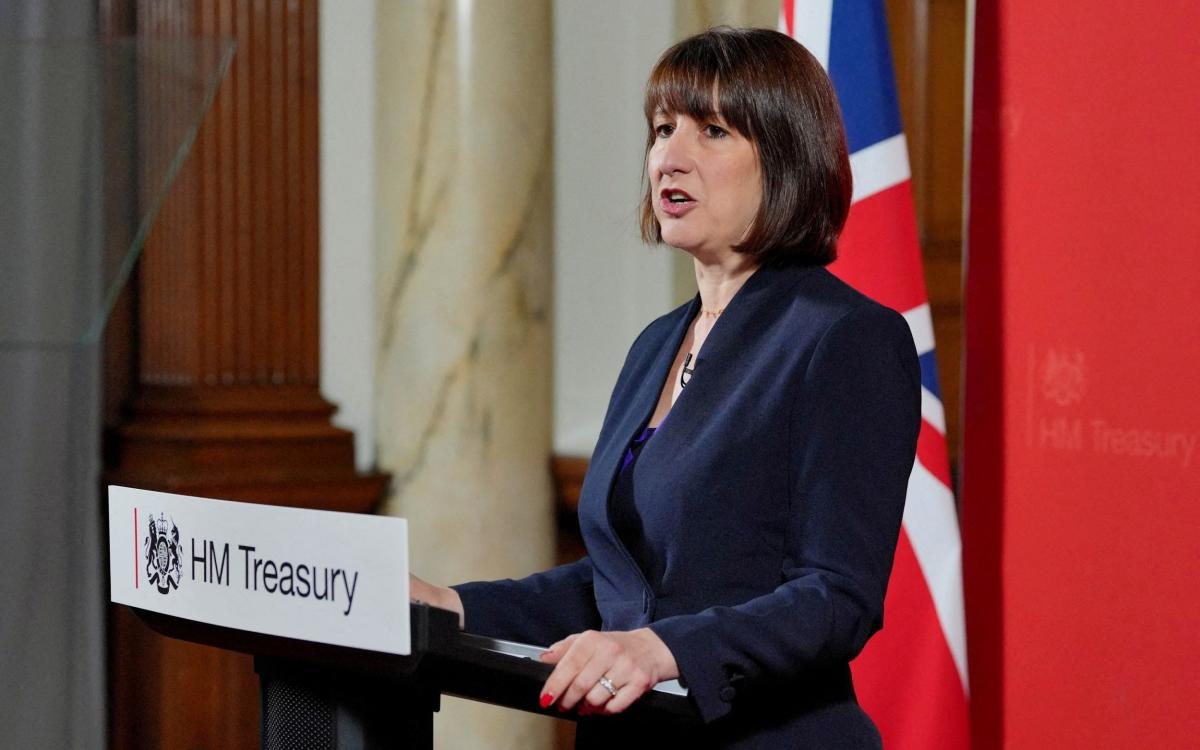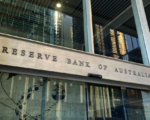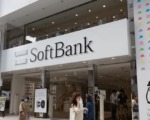UK Businesses Voice Concerns Over Labour Government’s Tax-Hiking Budget and Potential Economic Impact

British businesses are expressing concerns over Finance Minister Rachel Reeves’ recent tax-raising budget, which they argue could hinder hiring efforts and contribute to inflationary pressures. Among the primary measures is an increase in the National Insurance (NI) payroll tax for employers, aimed at generating £25 billion annually over the course of Parliament. From April 2025, employer NI rates will rise by 1.2 percentage points to 15%, and the threshold at which employers begin paying NI will drop from £9,100 to £5,000.
This policy enables the Labour government to uphold its commitment to avoid taxing “working people” directly, while seeking to address what Reeves calls a £22 billion “black hole” in public funding. However, business groups and opposition politicians contend the policy will ultimately affect employees indirectly by reducing business capacity to raise wages and expand hiring, challenging Labour’s pro-growth agenda.
Roger Barker of the Institute of Directors called the budget a “major blow” for businesses, emphasizing that higher NI costs will likely impact profits, subsequently limiting wage growth and hiring opportunities. This sentiment is echoed by the Confederation of British Industry’s CEO Rain Newton-Smith, who described the budget as particularly challenging for businesses already facing increased operational costs.
The budget also includes an increase to the UK’s minimum hourly wage, set to rise 6.7% to £12.21 for workers over 21 and 16% to £10 for workers aged 18 to 20, starting next April. The corporation tax threshold will remain capped at 25%. To cushion smaller businesses from these changes, Reeves proposed raising the employment allowance to £10,500, enabling firms to hire up to four minimum wage employees full-time without incurring employer NI costs. However, industry leaders like Andrew Martin, CEO of SMEB, argue that these measures fall short of supporting the UK’s 5.5 million small and medium-sized enterprises.
Economic analysts suggest the budget’s tax increases could impact inflation. The Office for Budget Responsibility (OBR) and other institutions predict that businesses may pass the added costs to consumers through higher prices, potentially leading to increased inflation. Morgan Stanley’s Andrew Sheets noted that while the budget may boost short-term growth, it is likely to add pressure on inflation.
Reflecting this, Goldman Sachs has adjusted its UK inflation forecast, predicting a 0.2 percentage point rise in core inflation through 2025, with an anticipated rate of 2.5% by December 2025. Despite a fuel duty freeze that could moderate inflation slightly, the bank also raised its 2025 GDP forecast from 1.5% to 1.6%.
In light of these developments, analysts foresee potential implications for the Bank of England’s (BOE) monetary policy. While the BOE is expected to implement a 25-basis-point rate cut soon, experts suggest Reeves’ tax strategy could prompt a slower pace of future cuts. Goldman Sachs anticipates that while inflation will cool, the Bank Rate may only decrease to 3% by late 2025, slightly above prior expectations.





















